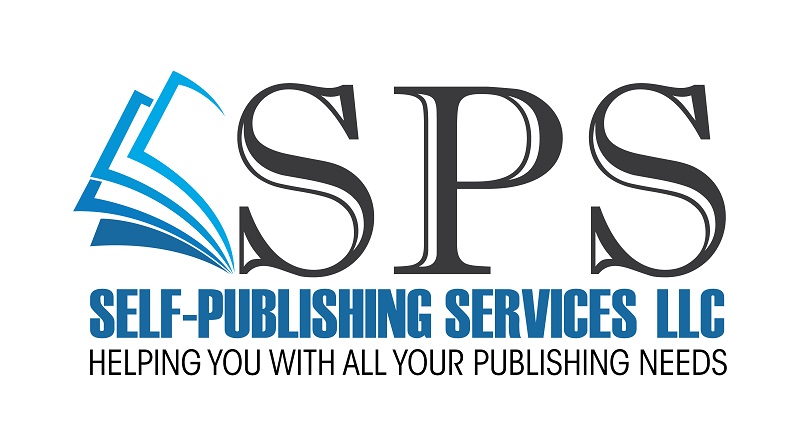Mom and Dad or mom and dad? How to choose
Here at Self-Publishing Services, we use the Chicago Manual of Style and Merriam Webster’s dictionary to help us make decisions about grammar and style. The CMoS prefers to lowercase words, and so we do, too.
When we edit your manuscript, we apply the rules cited by CMoS and the dictionary to it. If we think our decisions might create confusion, we explain why we made them. And if there are gray areas, we explain that, too, and ask you, as the manuscript’s author, to weigh in.
We use these guides because they’re the ones used by most major publishing houses. If you are self-publishing, you can, of course, create your own style guide. But you will still want to remain consistent.
Reports from the front lines of editing indicate that there is a great deal of confusion about the capitalization of kinship names. But, according to the CMoS, the rules are pretty clear. Mom, dad, grandma, grandpa, and other kinship names are lowercased—unless they are used in place of personal name.
Thus:
My mom told me to go outside.
But
Mom, I don’t want to go outside.
The same is true for aunts and uncles and other family members:
I’m going to write my auntie Jean a letter.
But
Auntie Jean! How nice to hear from you.
This usage doesn’t apply only to kinship names. These rules can apply to coach, captain, and other such words that show a similar type of relationship.
Thus:
“I’m going to ask my coach to put me in.”
But
“Hey, Coach, put me in!”
Although grammar is fluid and changes with time, these are, at present, the acceptable practices. People who know the rules who read a book that doesn’t follow them will think the writer is in error, not in the vanguard.
At some time in the not too distant future, this might change, the way the use of their with a singular pronoun has become acceptable. But for now, it’s Mom, when the speaker is addressing their mother directly, and mom when they aren’t.
